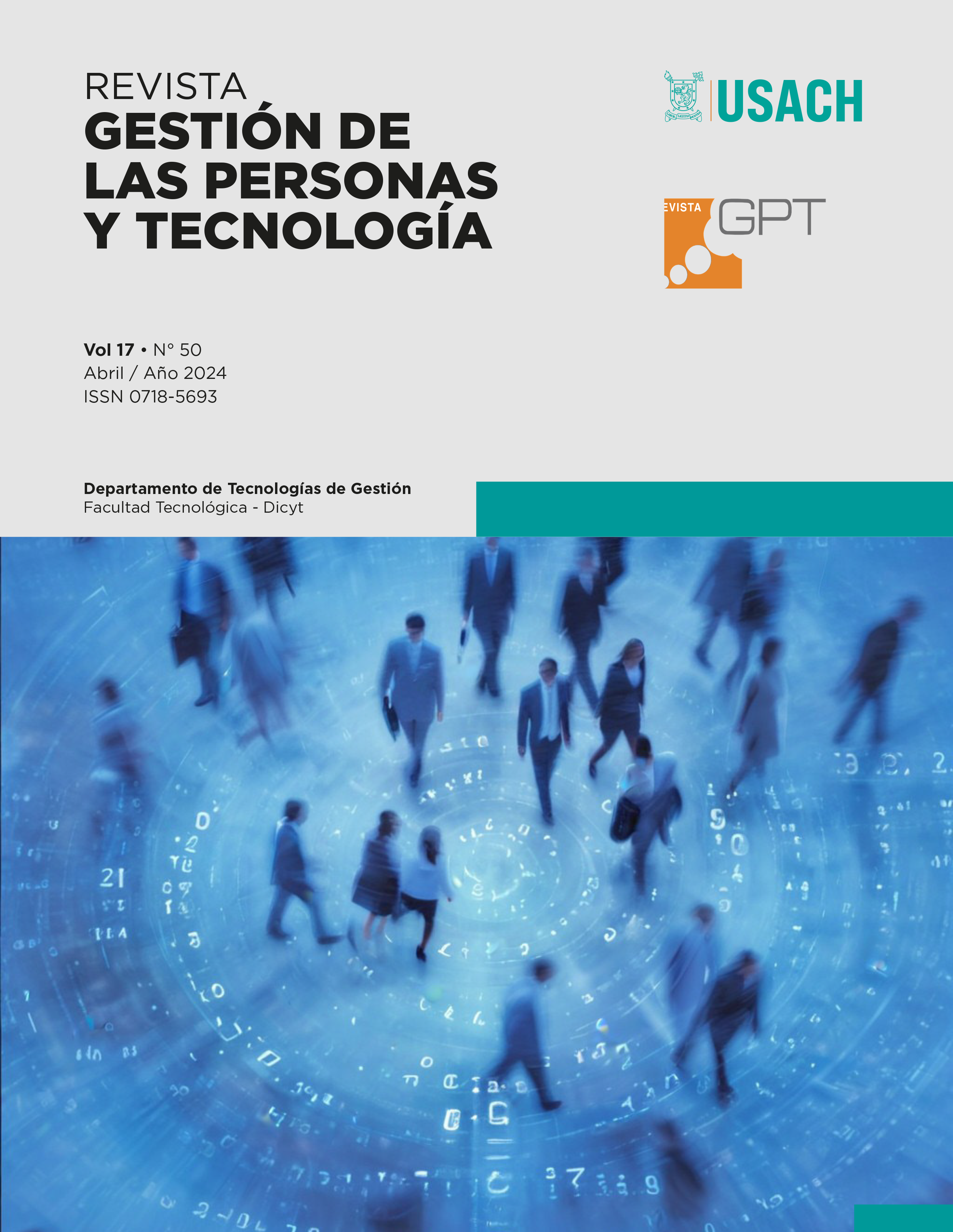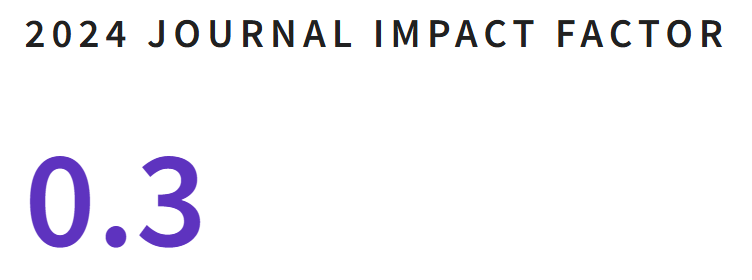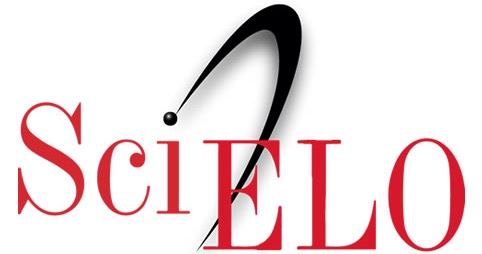Intervención de la motivación docente en el logro de los objetivos de aprendizaje: Percepción de los docentes
DOI:
https://doi.org/10.35588/yf2bcy02Palabras clave:
Motivación docente, influencia educativa, factores motivacionalesResumen
Tanto mantener un clima áulico adecuado, como lograr en los estudiantes los resultados esperados son algunos de los muchos desafíos que implica la práctica docente. El presente estudio tuvo como objetivo actualizar la visión de un grupo de docentes para el diseño de un esquema didáctico interesante, moderno e innovador; profundizando en estrategias y técnicas adecuadas para la buena práctica académica y la motivación. El método utilizado fue mixto cuali-cuantitativo con un enfoque bibliográfico, descriptivo no experimental. Se registró la participación de 25 docentes de una institución educativa quienes de manera voluntaria respondieron el cuestionario a través de un link de Google Forms. Dicho cuestionario estaba destinado a evaluar el Grado de Motivación, integrado por las siguientes dimensiones; creatividad, relación con los estudiantes, residencia y persistencia. Los resultados demostraron que la percepción de los docentes es que existe una relación positiva entre conocimientos, motivación y buena práctica para el logro de los objetivos de aprendizaje. Además, del reconocimiento de su actitud hacia la enseñanza y el mejoramiento del rol docente. Finalmente, se genera una discusión acerca de la práctica en la que se revisan estrategias motivacionales y la existencia de problemas en el contexto académico que obstaculizan la aplicación de las mismas evidenciando la importancia de generar mayor interés en los estudiantes.
Descargas
Referencias
Albor, L. y Rodríguez, K. (2022). Estudios aplicados de la teoría de la autodeterminación en estudiantes y profesores, y sus implicaciones en la motivación, el bienestar psicosocial y subjetivo. Revista Eleuther, 24(1), 56-85. https://doi.org/http://doi.org/10.17151/eleu.2022.24.1.4
Almuiñas, J. y Galarza, J. (2020). Evaluación de la planificación estratégica en instituciones de educación superior en Cuba. Revista Estudios del Desarrollo Social: Cuba y América Latina, 8(1). http://scielo.sld.cu/scielo.php?script=sci_arttext&pid=S2308-01322020000100009&lng=es&tlng=es
Armas, M. (2019). Hacer fluir el aprendizaje. Infancia y Psicología del desarrollo. Revista INFAD de Psicología. International Journal of Developmental and Educational Psychology, 2(1), 299–310. https://doi.org/10.17060/ijodaep.2019.n1.v2.1443
Beltrán, J., Mejía, E. y Conejo, F. (2020). Factores que potencian la autorregulación y el aprendizaje significativo en Primera Infancia. Nodos y Nudos, 6(48), 91-10291. https://doi.org/https://doi.org/10.17227/nyn.vol6.num48-11098
Cáceres, C., Muñoz, C. y Valenzuela, J. (2021). Responsabilidad personal docente y motivación escolar. Revista Electrónica Interuniversitaria de Formación del Profesorado, 24(1), 175-188. https://doi.org/https://doi.org/10.6018/reifop.402761
Cedeño, M. y Vigueras, J. (2020). Aula invertida una estrategia motivadora de enseñanza para estudiantes de educación general básica. Revista científica Dominio de las Ciencias, 6(3). https://doi.org/http://dx.doi.org/10.23857/dc.v6i3.1323
Espinoza, E., Quind, D., Morocho, E. y Ordoñez, M. (2020). La planificación de clases, herramienta fundamental para la enseñanza efectiva. Revista Portal de la Ciencia, 3(1), 48-59. https://doi.org/https://doi.org/10.51247/pdlc.v3i1.310
Gil, J. (2019). Interconectados apostando por la construcción colectiva del conocimiento. Aprendizaje móvil en educación infantil y primaria. Pixel-Bit, Revista de Medios y Educación, (54), 185–203. https://doi.org/https://doi.org/10.12795/pixelbit.2019.i54.10
González, D. (2019). Uma concepção integradora da motivação humana. Psicologia Em Estudo, 24. https://doi.org/10.4025/psicolestud.v24i0.44183
Gutiérrez-Lugo, T., Sotelo-Castillo, M. y Ramos-Estrada, D. (2022). Uso problemático de la tecnología, motivación y rendimiento académico en escolares. Revista ProPulsión Interdisciplina En Ciencias Sociales Y Humanidades, 4(1), 92–106. https://doi.org/10.53645/revprop.v4i1.78
Guzmán-Zamora, N. y Gutiérrez-García, R. A. (2020). Motivación escolar: metas académicas, estilos atribucionales y rendimiento académico. AVFT–Archivos Venezolanos de Farmacología y Terapéutica, 39(3). http://saber.ucv.ve/ojs/index.php/rev_aavft/article/view/19449
Hernández-Rico, M. Y. (2021). Motivación y rendimiento académico basado en la postura de Abrabram Maslow. (Tesis de grado doctorado). Universidad Pedagógica Experimental el Libertador Gervasio Rubio, República Bolivariana de Venezuela. https://espacio.digital.upel.edu.ve/index.php/TD/article/view/256
Llanga-Vargas, E. F., Murillo-Pardo, J. J., Panchi-Moreno, K. P., Paucar-Paucar, M. M. y Quintanilla-Orna, D. T. (2019). La motivación como factor en el aprendizaje. Revista Atlante: Cuadernos de Educación y Desarrollo. https://www.eumed.net/rev/atlante/2019/06/motivacion-aprendizaje.html
Lourenço, A. y Paiva, M. (2022). Motivación escolar: aproximaciones teóricas al proceso de aprendizaje. Revista CES Psicología, 15(2), 169–193. https://doi.org/https://doi.org/10.21615/cesp.5952
Mendoza, M. y Vigueras, J. (2019). La motivación como herramienta en el aprendizaje escolar. Revista Atlante: Cuadernos de Educación y Desarrollo. https://www.eumed.net/rev/atlante/2019/08/motivacion-aprendizaje-escolar.html
Osmán, R. y Pérez, G. (2023). Las metodologías activas y su influencia en rendimiento académico de estudiantes de bachillerato. MQRInvestigar, 7(1), 3048-3069. https://doi.org/10.56048/MQR20225.7.1.2023.3048-3069
Ponce, A. y Rico, M. (2022). Problems and Challenges for the Ideal Teacher of the 21st Century: A Grounded Theory Model. Qualitative Research in Education, 11(1), 1-28. https://doi.org/10.17583/qre.8865
Romero-García, C., Buzón-García, O., Sacristán-San-Cristóbal, M. y Navarro-Asencio, E. (2020). Evaluación de un programa para la mejora del aprendizaje y la competencia digital en futuros docentes empleando metodologías activas. Estudios sobre Educación, 39, 179-205. https://doi.org/10.15581/004.39.179-205
Sagredo-Lillo, E. J., Bizama-Muñoz, M. P. y Careaga-Butter, M. (2020). Gestión del tiempo, trabajo colaborativo docente e inclusión educativa. Revista Colombiana de Educación, (78), 343-360. https://doi.org/10.17227/rce.num78-9526
Stover, J., Bruno, F., Uriel, F., y Fernández, L. (2017). Teoría de la Autodeterminación: una revisión teórica. Perspectivas en Psicología: Revista de Psicología y Ciencias Afines, 14(2), 105-115. http://www.redalyc.org/articulo.oa?id=483555396010
UNESCO. (2016). Desglosar el Objetivo de Desarrollo Sostenible 4 - Educación 2030. https://www.buenosaires.iiep.unesco.org/es/publicaciones/educacion-2030-desglosar-el-objetivo-de-desarrollo-sostenible-4
Valarezo-Castro, J. W., y Santos-Jiménez, O. C. (2019). Las Tecnologías del Aprendizaje y el Conocimiento en la formación docente. Revista Conrado, 15(68), 180-186. https://conrado.ucf.edu.cu/index.php/conrado/article/view/1003
Valle, A., Manrique, L. y Revilla, D. (2022). La Investigación Descriptiva con Enfoque Cualitativo en Educación. Fascículos informativos. Pontificia Universidad Católica del Perú. https://repositorio.pucp.edu.pe/index/handle/123456789/184559
Vidal-Estive, M. I., Vega-Navarro, A., y López-Gómez, S. (2019). Uso de materiales didácticos digitales en las aulas de Primaria. Campus virtuales, 8(2). http://uajournals.com/ojs/index.php/campusvirtuales/article/view/516
Zambrano-Vacacela, L. L. (2020). Uso de la Tecnología de la Información y Comunicación en educación virtual y su correlación con la Inteligencia Emocional de docentes en el Ecuador en contexto COVID-19. Revista lbérica de Sistemas y Tecnologías de Información, 40, 31-44. https://dialnet.unirioja.es/servlet/articulo?codigo=8066955
Descargas
Enviado
2023-12-20Publicado
Número
Sección
Licencia
Derechos de autor 2024 Revista Gestión de las Personas y Tecnología

Esta obra está bajo una licencia internacional Creative Commons Atribución-NoComercial-SinDerivadas 4.0.










